What do you think?
Rate this book


196 pages, Paperback
First published January 1, 1919
There were stories of the lost boys, prodigal sons, that this had happened to, and I read them avidly. The return to the father, to what was good, was always such a magnificent liberation in these stories – I was perfectly aware that this was the only right and good and desirable outcome; but still, the part of the story that took place among the lost and evil souls was always much more exciting, and, if it were only possible to admit it, it was sometimes actually rather a shame that the lost soul had to repent and be found again.
…on a walk with my father I asked him what to make of the fact that some people thought Cain was better than Abel.
He was very surprised by the question. He explained to me that this interpretation was in no way new; it had emerged already in the earliest centuries of Christianity and been taught in various sects, one of which called itself the “Cainites.” But obviously, he said, this insane teaching was nothing but the devil’s attempt to destroy our faith. For if you believe that Cain was in the right and Abel in the wrong, then it follows that God was in error, or in other words that the God of the Bible is not the one true god but a false god.
At the end of class, Demian said rather thoughtfully: “There’s something I don’t like about that story, Sinclair. Read it through again, and test it out on your tongue: there’s something about it that leaves an insipid taste in your mouth. It’s the part about the two thieves. It’s magnificent, of course, those three crosses standing next to one another on the hill! But then this sentimental little tract about the good thief! He used to be a criminal, he’s committed God knows what crimes, and now he gets all mushy and performs these whiny rituals of self-improvement and repentance?! What’s the point of remorse if you’re two steps away from the grave, I ask you? It’s nothing but a sanctimonious fairy tale, treacly and dishonest, insipid and sentimental and obviously didactic.”
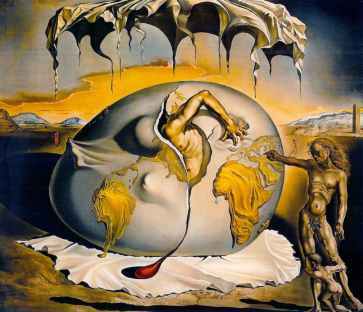
 come to my blog!
come to my blog!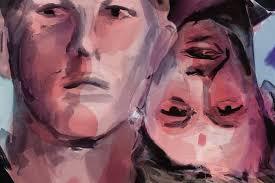
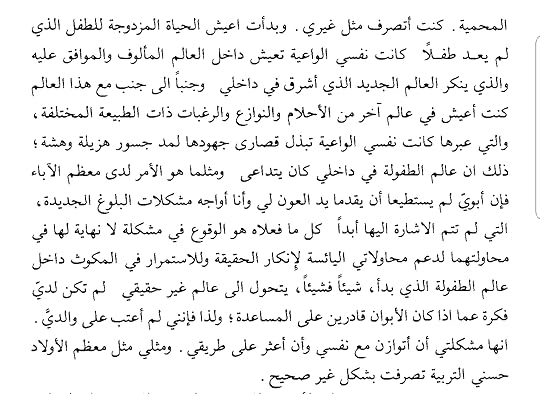
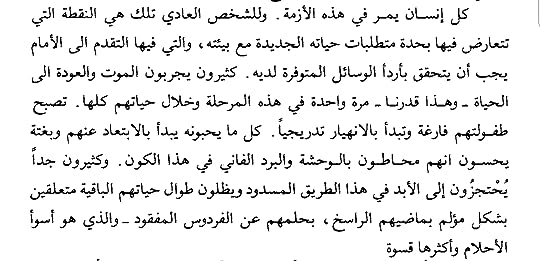
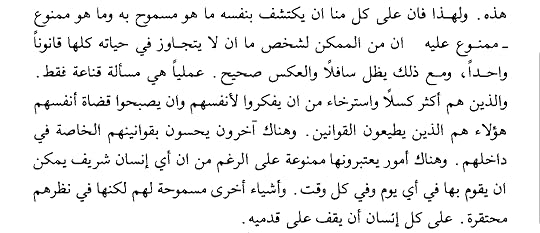
I saw Demian’s face and remarked that it was not a boy’s face but a man’s and then I saw, or rather became aware, that it was not really the face of a man either; it had something different about it, almost a feminine element. And for the time being, his face seemed neither masculine nor childish, neither old nor young but a hundred years old, almost timeless and bearing the mark of other periods of history than our own. Animals might look thus, trees or stars. (…) All I saw was that he was different from the rest of us, that he was like an animal, a spirit or an image.
“What happened and lay behind the whole origin of the story was the ‘sign’. Here was a man who had something in his face that frightened other people. They did not dare lay hands on him; he impressed them, he and his children. It is virtually certain that he bore no actual mark on his brow like a post mark! real life isn’t as crude as that. Rather there was some hardly perceptible mark, a little more intelligence and self-possession in his eyes than people were accustomed to. This man had power and they all went in awe of him; he had a ‘sign’. You can explain that how you will. People always want whatever is comfortable and puts them in the right.”
The dressing was a painful business. So was everything else that happened to me afterwards. but when on the many such occasions I find the key and look deep down into myself where the images of destiny lie slumbering in the dark mirror, I only need to bend my head over the black mirror to see my own image which now wholly resembles him, my friend and leader.

